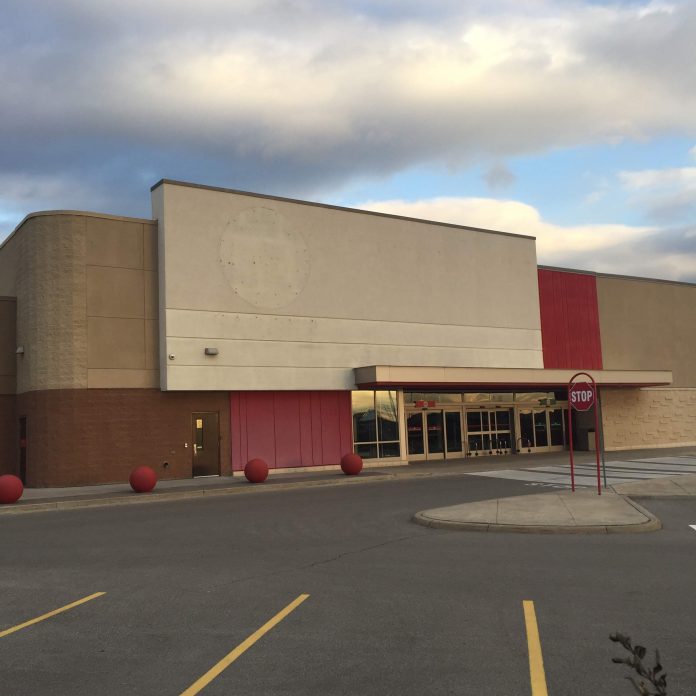American businesses make the jump into Canada all the time. The idea of an entire country culturally similar to the United States is very tempting. Usually, enterprises take that opportunity to enter the Canadian retail scene without formal research, leading to the closure and eventual abandonment of hundreds of retail spaces.
In reality, we shouldn’t care about these businesses coming to Canada if they are only going to destroy our retail scene.
Lowe’s, the hardware store famous for sponsoring NASCAR Driver Jimmie Johnson, suddenly left Canada, with local chain RONA taking over all remaining locations. This makes it yet another American business to suddenly drop Canada in a rush, leaving the residents and property owners to clean up the mess.
Often, these significant businesses buy out local retail chains or open up much larger box stores close to long-standing companies to push them out.
The problem with this method is that once these businesses inevitably fail, the community is left with no one in the specific market, leaving a giant hole with no one to fill it.
In 2010, Zellers Canada was bought out by Target, with all stores becoming Target locations by 2013. This was a disaster, with a Forum Research survey showing that only 27 per cent of shoppers were satisfied with their experience after the first five months.
After Target departed from Canada two years later, it destroyed the Canadian discount store market and took two brands down with it.
It backfired so severely for Target that in 2023, Zellers was brought back to 25 Hudson’s Bay locations as pop-up stores, officially outlasting the company that had bought them out 13 years prior.
Even here in the Durham Region, one of the largest retail spaces was bought out by Target, only to sit empty for nearly a decade before HomeSense finally leased the space. A Sears was also in the area, sitting vacant for three years before becoming a vaccination clinic.
With that, Target learned what many companies should have realized: Canada has a much different retail scene than the United States.
In a feature piece by Retail Insider, experts like Doug Stephens suggested that Canadians shop differently, relying less on brand names and ‘one-stop-shop’ stores, preferring different locations specified to different needs.
This and other factors, such as price point, were part of why Nordstrom went under in 2023.
Nordstrom announced the closure of all 13 high-end Nordstrom and Nordstrom rack locations. This leaves a lot of open retail space, which includes the almost four-storey location in Toronto’s Eaton’s Centre, empty.
Many American retailers that take advantage of a ‘similar at first glance’ retail scene often get left behind.
In 2009, Walmart Canada closed their Sam’s Club operations, which only managed to open six locations and struggled mightily. This led to them eventually cutting all 1200 jobs.
It cost Walmart $80 million just to introduce the brand.
A contesting point to this argument is that American-based businesses like Walmart and Costco has succeeded in Canada and has proven to benefit Canadian retail.
While that may be true, these companies treated Canada differently than the U.S.
In a Forbes article dated shortly after the target closure, author Laura Heller wrote about how Walmart operates their Canadian stores through their international division, which treats it as a separate country.
In a CBC article dated September 2019, they wrote how Costco was the first wholesale retailer in Canada, providing a much easier and cheaper grocery shop for Canadians. This is still true today, and as of 2021, Costco has become the second largest retailer in Canada behind Loblaws. This makes sense, considering that Costco Canada averages $25 billion annually, according to sales figures.
Ultimately, Canadian shoppers should support local brands that understand and supply consumers with goods as best as possible. Despite how attractive it can be to see a widely regarded brand make its northern debut, they often need help understanding the differences and leave worse off than when they started.
Thus, why should we care about American businesses coming here if they will only worsen our shopping experience?




